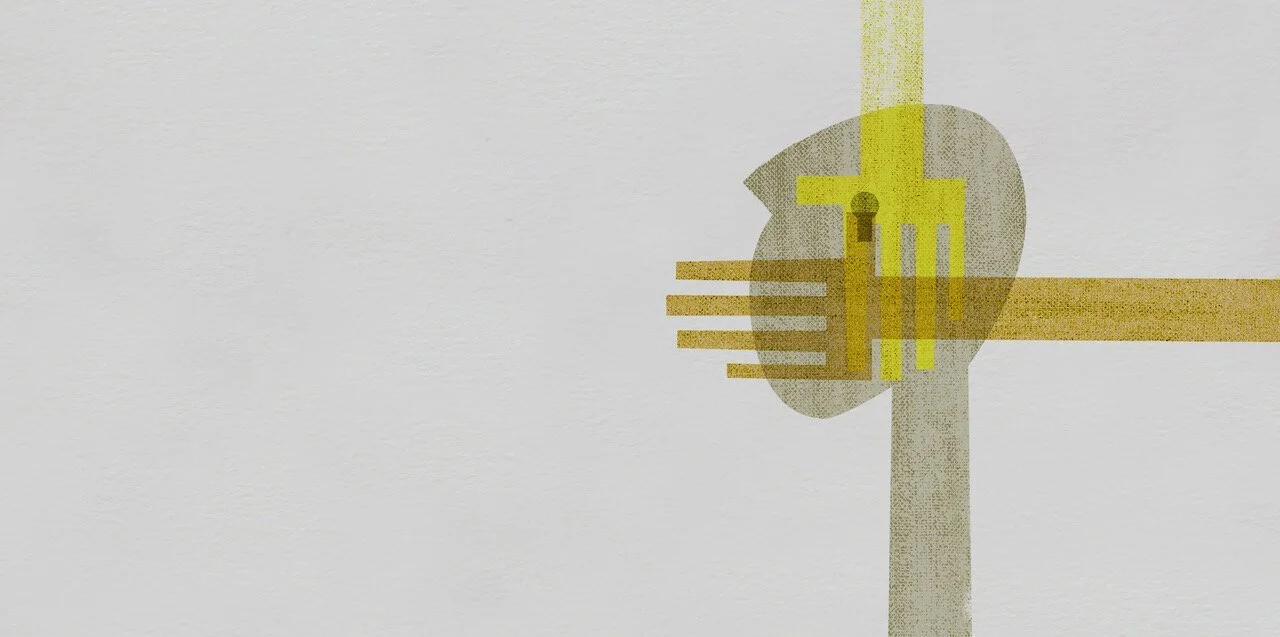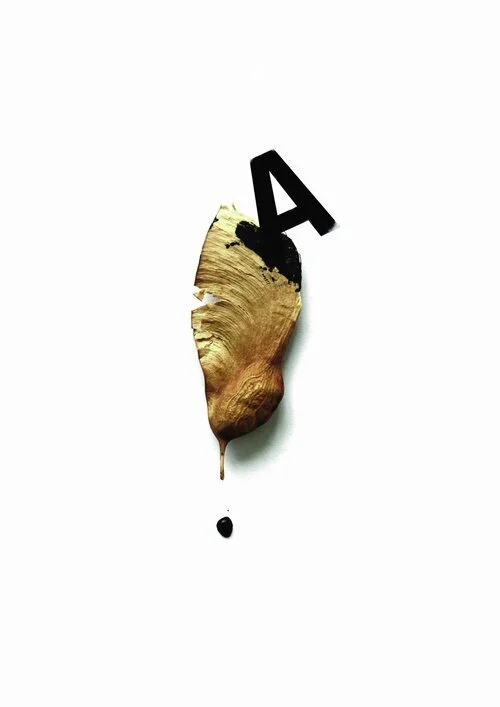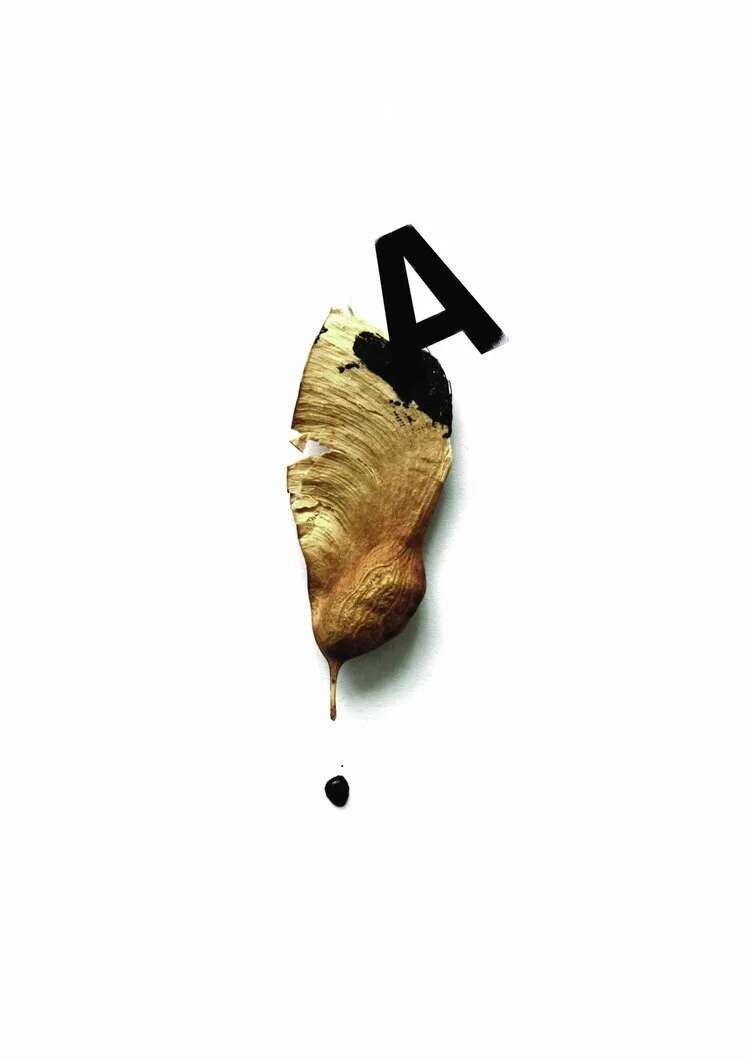The UN General Assembly has adopted the Pact for the Future, an agreement between States for how they will work together to respond to some of the future’s biggest challenges. But what does it mean for children and children’s rights?
Read MoreEl máximo organismo de las Naciones Unidas en materia de derechos del niño ha urgido al gobierno de Argentina que "levante el plazo de prescripción de los casos de abuso sexual infantil". Forma parte de una serie de recomendaciones formuladas al Estado para mejorar el acceso a la justicia de las víctimas y supervivientes de violencia sexual infantil.
The United Nations’ top children’s rights body has called on Argentina's government to "lift the statute of limitations on child sexual abuse cases". It is one of a series of recommendations made to the State to improve access to justice for victims and survivors of sexual violence in childhood.
Read MoreThe UN’s child rights committee has urged Chile’s government to establish a truth commission in response to the systemic abuse of children across institutions.
Read MoreIn this opinion article, Nigerian child rights activist and CRIN climate adviser Aisha Saleh explains how climate change is increasing poverty and in turn child marriage, and that she responds by educating the parents about the implications of underage unions.
Read MorePoland’s Catholic Church recently released new data on sexual abuse committed within its walls, including against children. This opinion piece explains how the move is long overdue and exposes the institution’s move as a false display of transparency.
Read MoreIn this opinion article, Emirati youth climate activist and CRIN climate adviser Sagarika Sriram argues for the importance of climate change education in the school curriculum.
In this opinion article, South Korean youth climate activist and CRIN climate adviser Yujin Kim comments on the why she and fellow activists decided to challenge the government’s climate inaction in court.
In this opinion article, Zimbabwean youth climate activist and CRIN climate adviser Nkosilathi Nyathi comments on the need to ensure access and diversity at international climate talks, and that this diversity must also include young people.
Read MoreWe’re considering what to do with CRIN’s old library on children’s rights and we’re inviting our users to share any suggestions. Some years ago we archived the database and stopped updating it, as it had become untenable. But it has historical value, so we didn’t get rid of it.
Read MoreThe UN’s child rights committee has handed down its first decision about the rights of a child of an LGBT couple. It found that Finland failed to consider the best interests of the child of a lesbian couple when assessing his asylum request, in a case in which CRIN and partners intervened.
Read MoreWe’re pleased to announce that youth climate organisers have joined CRIN as Advisers on our work on environmental issues. This is the first time we’ll be collaborating with under-18s in this way, but the playing field is an equal and democratic one and we’re holding ourselves accountable to them.
Read MoreSchools in Brazil have been shut because of the Covid-19 pandemic for longer than in most countries. In this guest article, the Alana Institute in Brazil makes a case for using green and open spaces in children’s education, showing how one city is already planning for it once it is safe to return to school.
In this opinion piece for Chile’s national survivors’ network, we highlight the essential next steps to securing truth and justice in Latin America’s clergy abuse scandal, discussing what’s necessary and what’s feasible.
Read MoreWith Covid-19 coverage focusing more on the negative impact the pandemic is having on citizens worldwide, here we swap ‘what’s gone wrong’ with ‘what’s gone right’, as we take a brief look at creative and considerate initiatives that have also come out of the pandemic.
What is the impact on the mental health of under-18s in a country that spends less than one percent of its health budget on mental healthcare? CRIN spoke with Kavita Mangnani, clinical psychologist and director of the restorative care programme at HAQ-Centre for Child Rights in Delhi.
Read MoreThe Covid-19 pandemic has affected children’s social and economic rights directly and indirectly beyond what we could have foreseen. What are the challenges to achieving these rights for children, and how can they be met during and after a pandemic?
Yujin Kim, a member of Youth 4 Climate Action Korea, reflects on the need to treat the climate crisis as urgently as any pandemic, and include young people - who are the biggest stakeholders - in developing an equitable recovery and development policy.
Read MoreReports of escalating violence against women and children in the home followed the announcement of lockdowns to control the spread of Covid-19. Here we take a look at available data from domestic violence and child helplines and highlight that violence against women and children in the home is a pandemic too.
Read MoreOvercrowded facilities such as prisons, care homes and orphanages are breeding grounds for Covid-19. But children living in residential institutions have received little media attention. How should governments be responding during – and after – this pandemic?
Read More


















